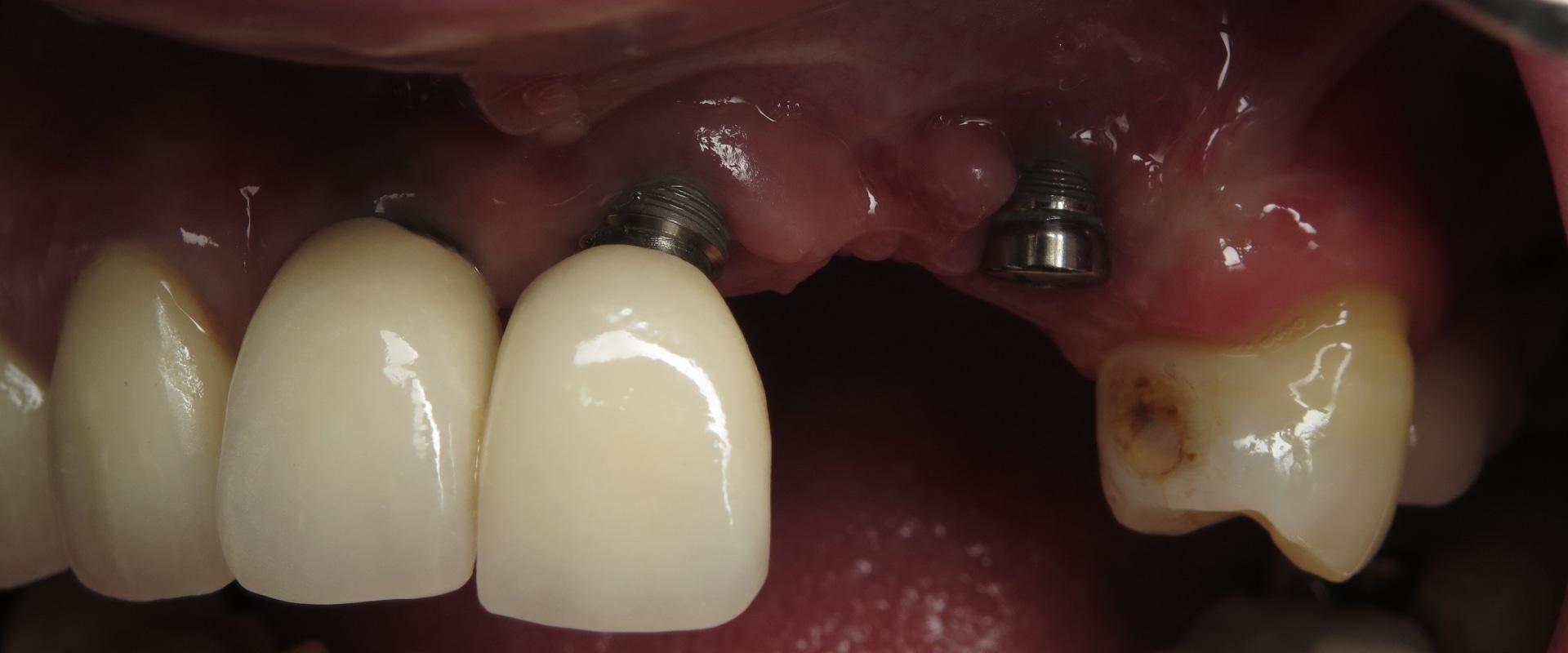Reasons for removing a dental implant An implant may need to be removed for several reasons. Yes, it is possible to remove a dental implant from the patient's mouth, even if a permanent tooth replacement option is considered. The following list includes three reasons why a dental implant may need to be removed. Like implantation surgery, tooth implant removal is a complicated process.
The dentist first uses local anesthesia to put the patient's jaw and gums to sleep. The dentist then removes the crowns, followed by the abutment. Using dental tools, the dentist will remove the screw and then suture the gums. After a few months of healing, the patient and the dentist will evaluate the person's health and needs before deciding on the next steps.
The patient may need a bone graft if more support is needed. If it's been some time since you received the implant, you may have formed a strong bond with the surrounding bone and are therefore firmly attached to it. This is true even when an infection has caused bone deterioration. Your dentist or oral surgeon will work to minimize damage to your jaw when you remove the implant.
However, due to the nature of the procedure, it is often necessary to remove some of the tissue around a defective implant. Can a dental implant be removed if it has already successfully fused with the jawbone? Yes. But this situation requires more intensive action, which means that you may need to be fully sedated. Your dentist will give you personalized instructions for treating any swelling or pain, which is a normal result of oral surgery.
You can control any persistent discomfort by taking prescription or over-the-counter pain relievers as directed by your dentist. If the implant failed due to an oral infection, your dentist will likely prescribe antibiotics for you to take. In addition, you should follow a soft food diet for the first few days after implant removal surgery. The removal of a dental implant is a rare procedure given the high success rate in modern implantology.
However, when an implant failure occurs, it may be necessary to remove the implant. The extraction of a dental implant, due to the rarity with which it is performed, is much more complex than implant surgery. A dental implant is removed if there are no possible alternatives, the main conditions occur after an implant failure or after an implant fracture. Extraction of dental implants is rarely necessary.
However, when necessary, it is usually due to infection, inflammation, or the inability of the implant to integrate with the surrounding bone. Often, these high-torque tools are attached or hooked to the adapter and a large amount of reverse torque is applied, allowing the implant to be removed from the bone efficiently. Basically, the best tools used to remove an implant would be those that are strong enough to remove an implant without causing significant damage. Most dental implants are removed to change the overall position of the restoration strategy or implant failure.
Implant recipients also play an important role in the success of their own restoration and must be motivated to care for the implant. Dental implants may make sense for patients who are missing a tooth, several teeth, or even all of their teeth. Dawoud has a scholarship to the prestigious International Congress of Oral Implantologists (ICOI) and is an expert in the extraction of defective dental implants. Narrow implants can be more difficult because the upper part of the implant can fracture under great stress during extraction.
The implant dentist you choose can have a big impact on your overall experience and the long-term results of your dental implant procedure. There are examples of successful cases of defective or defective implants that receive a second chance to integrate with increased new bone growth. Good oral hygiene, both before and after surgery, is essential to minimize the risk of infection at the implant site. Therefore, it is very important to try to remove the implants gently and be prepared to include a bone grafting procedure in the area to reduce the loss of healthy bone.
Extractions that end up creating a much larger hole than the implant attachment make it more difficult or impossible to replace the implant. To ensure the longevity of an implant, specific techniques and efforts are needed to keep it clean and free of bacteria and destructive plaques, which can cause infections in the tissues surrounding the implant and cause failure. . .






